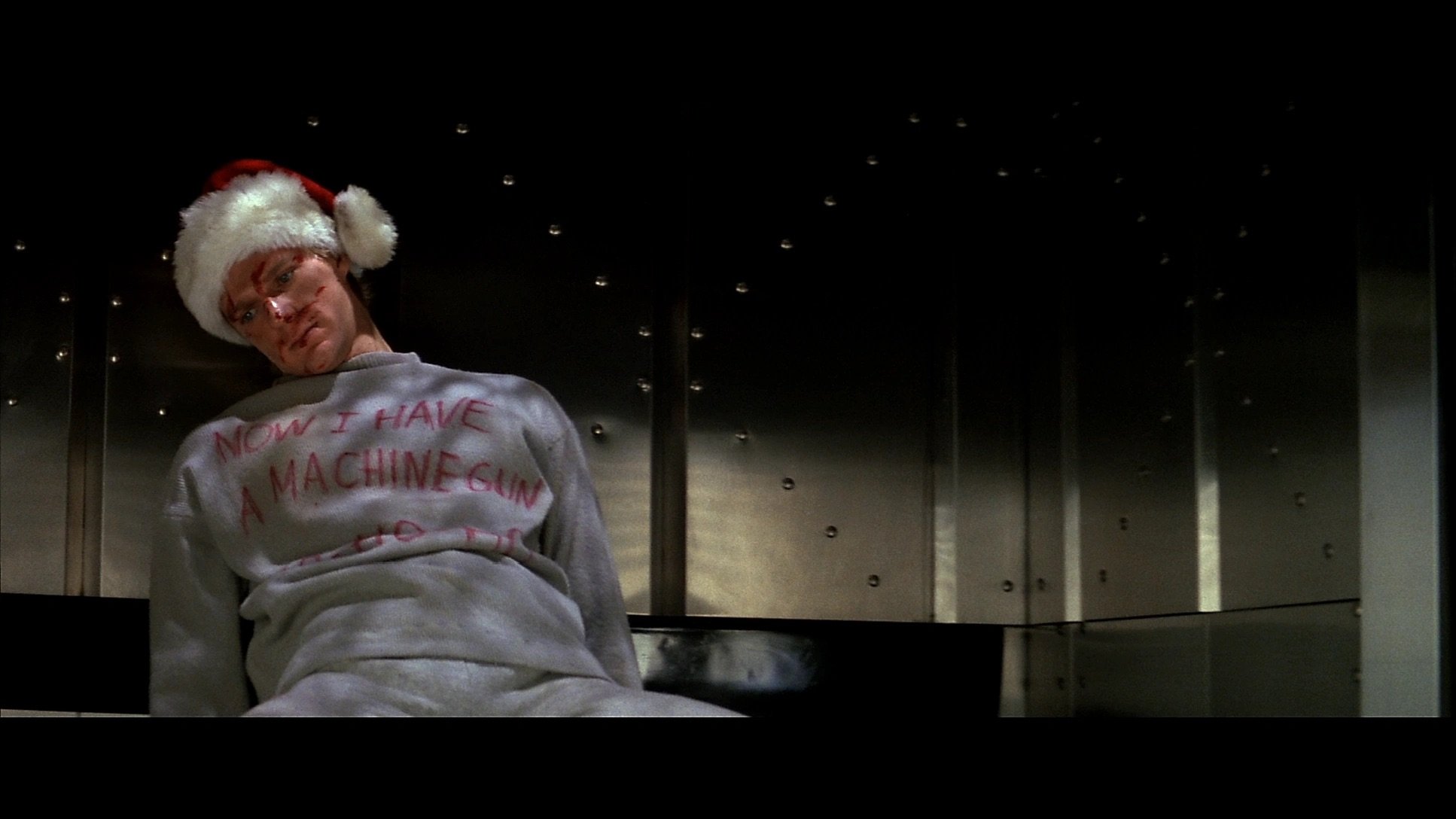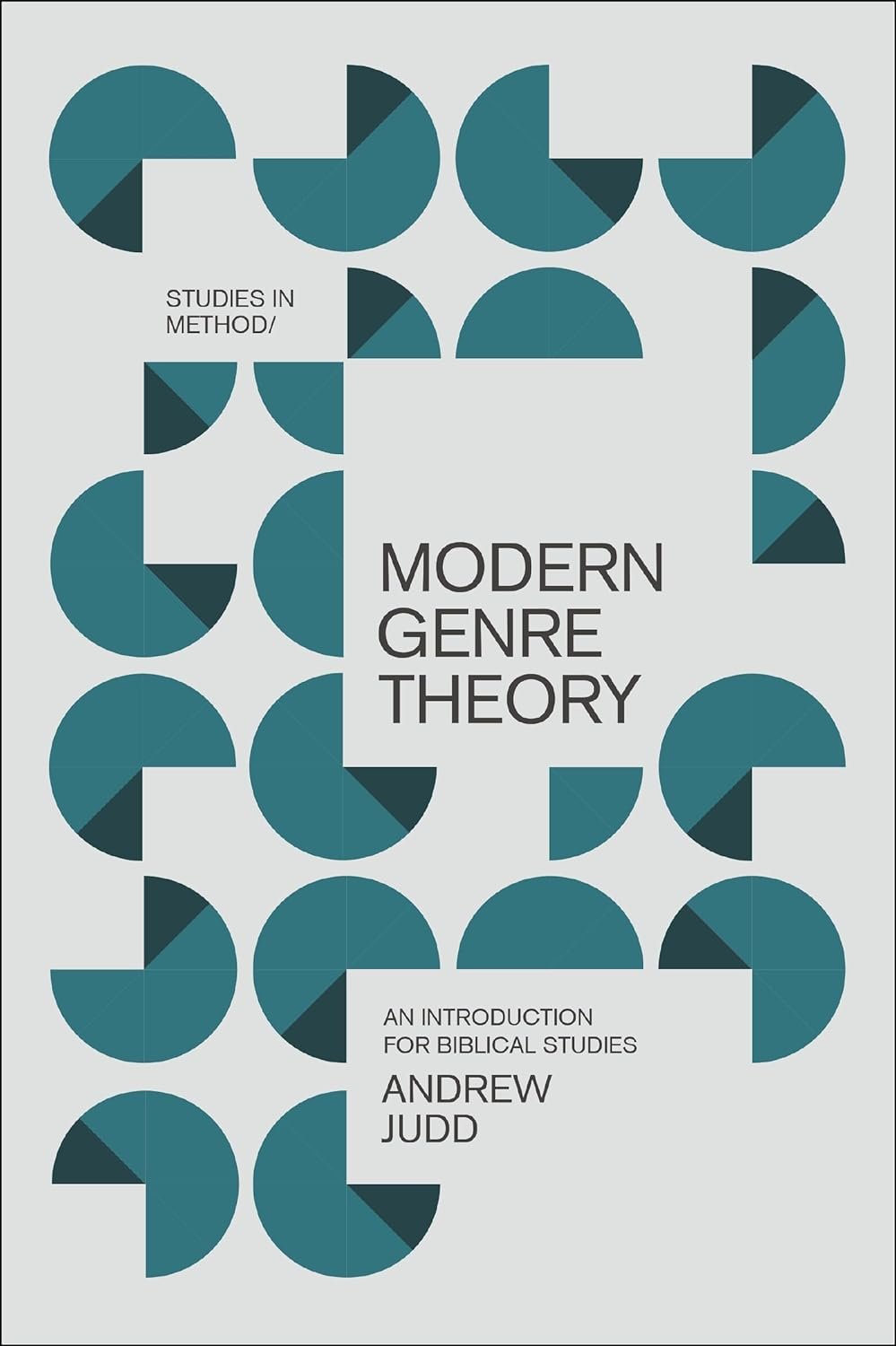What Die Hard Can Teach Us About Modern Genre Theory
It’s December which means it’s time for the yearly debate over the genre of the film Die Hard (1988), directed by John McTiernan and staring Bruce Willis and Alan Rickman.
In particular, the question is whether the film is properly classed as a Christmas Movie or not.
Several pop-culture commentators and even film academics have discussed the question of the genre of Die Hard.
James Chapman of the University of Leicester has identified 9 motifs in the film that tend to suggest a sub-genre of Christmas film:
1. The basic narrative situation of Die Hard is a man returning to his family for Christmas.
2. His wife is called Holly.
3. It takes place on Christmas Eve. Not Thanksgiving or the Fourth of July. It could have been set any week of the year, but wasn’t.
4. The chief villain Hans Gruber (Alan Rickman) explicitly invokes the Christmas spirit: “It’s Christmas, Theo, it’s a time for miracles.”
5. Gruber is a classic bad capitalist villain: he’s there to steal money. Just as Old Man Potter does in It’s a Wonderful Life.
6. The soundtrack features Christmas tunes new and old: Run DMC’s Christmas in Hollis and Frank Sinatra’s rendition of Let it Snow.
7. Santa Claus makes an appearance (in the form of a dead terrorist).
8. The film ends with the of character of limo driver Argyle (De'voreaux White) looking forward to New Year’s Eve.
The ninth argument Chapman makes is actually not about the movie itself – it’s that in the Chapman household they now have a tradition of watching the film on Christmas Eve, timed perfectly so Gruber falls from Nakatomi towerby 9:30pm. Christmas is a social construction, he says, so there. Case closed.
Others, of course, vigorously resist this classification. A movie set in late December is not automatically a Christmas movie. What’s more, gratuitous acts of violence are hardly in keeping with the themes of the Christmas story (well, except for the whole King Herod slaughtering the innocent thing).
Both sides often posting their opinions on social media and/or dating profiles (presumably in an attempt to to advertise to potential matches that they are a Very Interesting Person with edgy though ultimately inconsequential views).
So, what do we make of this? Democratically, a YouGov poll finds that around 39% of people agree with Chapman.
Personally, I don’t have a rabbit in this race. But I do like the way the debate illustrates how genres work in their social context.
What Die Hard teaches us about Modern Genre Theory
Elsewhere (ahem) I’ve summarised the insights of Modern Genre Theory into 12 Tenets, many of which are well illustrated by Die Hard.
Tenet 12: The ball is always in the reader’s court
As you can tell from the marketing poster, Die Hard was never originally intended as a Christmas film. It was marketed as an “action” or “adventure” film. It was released in July 1988, nowhere near the holiday season. Both Bruce Willis and director John McTiernan have since then regularly admitted that they never intended it to be taken as a Christmas film.
But does original authorial intent settle the matter? As a matter of fact, no. Texts don’t read themselves, so readers need to make a decision about genre right from the start. Directors and authors might give strategic clues as to how they think the text should be read, but whether the viewer picks up on, or respects, those clues is their problem. Viewers can choose to experience any film as a Christmas film.
The question is whether the payoffs for doing so are rewarding or not. (Hotel Rwanda is unlikely to work quite as well as a Christmas family tradition. Die Hard for a variety of reasons works much better for many people.) I call this the Boomerang Test: give the text a throw as a particular genre, and see what comes back.
Tenet 10: Genres always work for someone
Because genres are social conventions, they take part in the gritty world of economic reality. While tongue-in-cheek, Chapman’s argument that Christmas is socially constructed (and his family has made it a tradition so there) actually accords with an even more nerdy analysis (in a peer-reviewed journal, no less!) by Nathan Scoll.
In his article, “Yes, Die Hard is a Christmas Movie: A Semantic, Syntactic, Pragmatic Approach to Resolve the Debate Over Die Hard’s Genre Status”, Scoll uses the modern film genre theory of Rick Altman to observe that the commercial realities of the film (how many people want to watch it at Christmas) have now made it a Christmas Movie, regardless of the original authorial intent. (Or at least, that’s what the article’s abstract seems to say. My own commercial realities mean there’s now way I’m paying USD $581 to buy one issue of Comparative American Studies to read the full text and find out).
Movie studies re-genre films for economic reasons all the time, and the reason they can do this is to do with the next tenet…
Tenet 3: Genres are fuzzy around the edges
The fact is that there is no universally agreed upon definition that we can use to work out whether a given instance belongs to the class called “Christmas Movie”. This is because genres are not classes. They are conventions, built in our head around prototypes.
Think of a “bird”. That category in your head probably brings up something that has feathers and can fly. But if I push you, you’ll probably accept that a penguin is a bird, even though it can’t really fly. This is how mental categories work – we compare examples as being more or less closely related to some core prototypes.
Same goes for genres. Some films are very close to the prototypes we think of when we think Christmas Movie (e.g. Love Actually). But others (Die Hard) are less so. The fact that Die Hard doesn’t have much of a cameo by Santa means that it probably sits further away from the core prototypes, but doesn’t mean it isn’t related to the genre at all.
Tenet 1: Films are Promiscuous with genre
The second-last thing to say is that, unlike species or rigid categories, we don’t need to classify films into a single box anyway. Films have lots of genres. Die Hard is an Action or Thriller film. But it can also be a Christmas film.
This is because texts don’t belong to a genre like they belong to a category – they participate (Derrida’s word) in multiple genres all the time. That’s why Silent Night, Deadly Night can be both a Slasher Film and a Christmas Film (but hot parenting tip: don’t show it to the kids on Christmas Eve).
So you can watch Die Hard for its comedy. Or for its thrills as an action film.
But you can also use it as a Christmas tradition… because finally…
Tenet 7: Genres are recurring responses to social situations
The most important thing about a Christmas movie, as with any genre, is not what it is but what it is for. The fact that it contains or does not contain Christmas motifs (as in the list above) is not nearly as important as the role that it functions in society.
Christmas films are for watching together with the whole family nostalgically and ironically at Christmas time because otherwise we might not be able to pick something to watch and then we might have to talk and then will someone will start a conversation about Donald Trump and heck no just put Die Hard on.
A Christmas Book
Speaking of Christmas, and genre theory, here is an excellent stocking stuffer for your nerdy relatives and friends.
Modern Genre Theory: An Introduction for Biblical Studies




